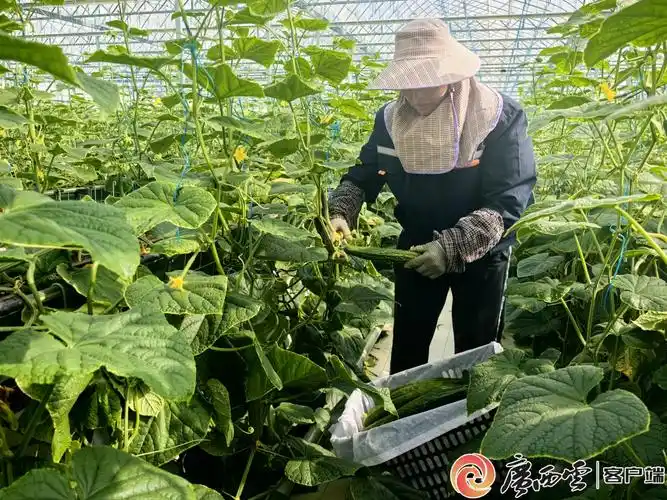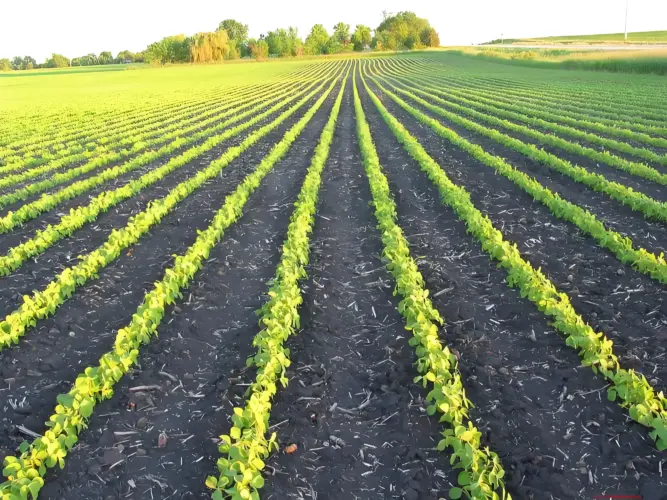Techniques to Minimize Runoff
Buffer Strips: Plant strips of vegetation along field edges to absorb excess nutrients and reduce runoff.
Cover Crops: Use cover crops to capture residual nutrients and prevent soil erosion.
Contour Farming: Implement contour plowing and planting to reduce water flow and nutrient loss.
Environmental Benefits
Water Quality Improvement: Reducing runoff helps prevent nutrient pollution in waterways, protecting aquatic ecosystems.
Soil Conservation: Minimizing runoff reduces soil erosion, preserving topsoil and enhancing land productivity.
Biodiversity: Healthy soils support diverse ecosystems, promoting a balanced environment.
Best Practices for Application
Precision Application: Apply fertilizers at the right rate, time, and place using precision techniques to minimize excess.
Split Applications: Divide fertilizer applications into smaller doses to match plant uptake and reduce leaching.
Soil Testing: Regularly test soil to tailor fertilizer use to actual nutrient needs, preventing over-application.
FAQs
1. Why is reducing fertilizer runoff important?
Reducing runoff prevents nutrient pollution, protects water quality, and conserves soil health.
2. Can organic fertilizers cause runoff?
Yes, excessive use of organic fertilizers can lead to runoff, so it’s essential to apply them responsibly.
3. How can I monitor the effectiveness of runoff reduction techniques?
Regularly assess soil and water quality, and adjust practices based on monitoring results.
By implementing these strategies, organic farmers can reduce fertilizer runoff, enhancing environmental sustainability and farm productivity.






